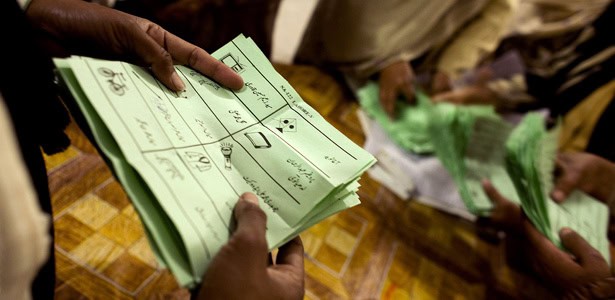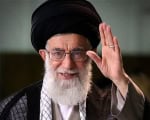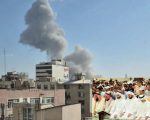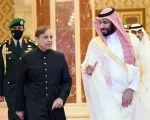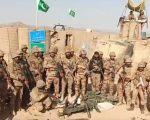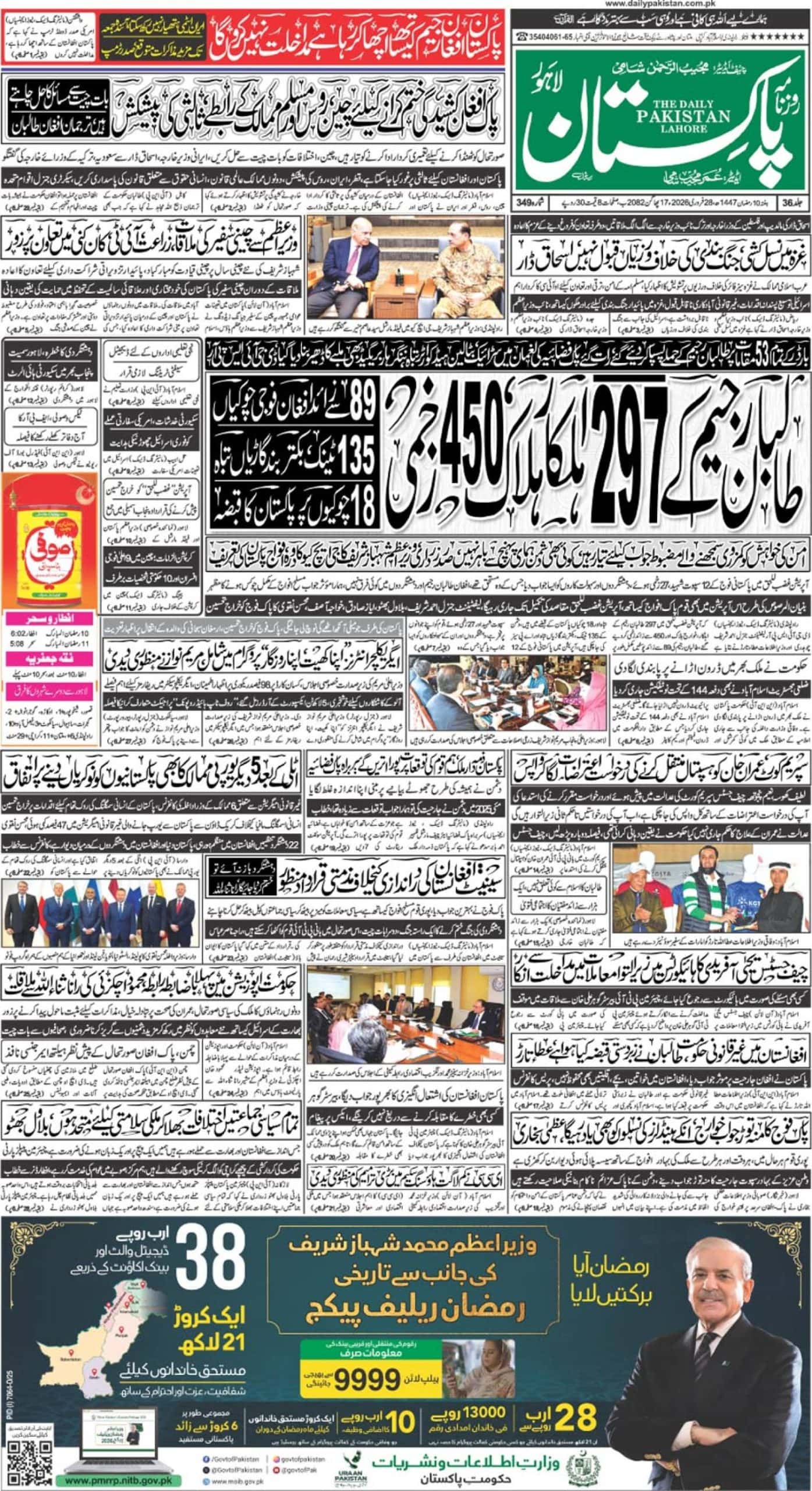The July elections hold an unprecedented moment for Pakistan with the uninterrupted transition of civilian government. It is the silver lining for a flourishing democracy in Pakistan despite many odds. Election campaigns are in a full swing across Pakistan ahead of the general elections due to be held next month.
While political parties are engaged in securing their votes, the security apparatus of the country is gearing up for an additional duty to their country. The Election Commission of Pakistan has requested a staggeringly high number of troops from the military alone, in addition to the paramilitary forces and the police force of the country but later denied the claims in regards to the figures made.
The deployment of the troops will be divided across the country but amid reports, the ECP has marked some 20,000 polling stations as sensitive spots, or stations that are probably more prone to political rigging or violence.
The practice to call in the military to provide security during elections became a necessity around 2013 and but since then has become a norm, whereas previously it was on standby calls that was seldom required. Although the military has assured the needed assistance for security, the exact number of troops to be deployed remains the decision of the military.
Constitutionally, Pakistan’s military is bound to tend to calls made by the government but Pakistan has redeemed its security situation and has come a long way from where the military was bound to be stationed for regular tasks. Pakistan’s military is not a stranger to outright harshness when it comes to it being involved in the local matters of the government.
Pakistan’s establishment is thought to be the force behind the ouster of the third time former Prime Minister of Pakistan, that disrupted Pakistan’s leading political party the PML-N. But from Raheel to Bajwa, the chiefs of the military resisted acting hastily amid unstable political jolts that Pakistan faced and choose to remain distant from the inner politics of the country.
Establishment parted ways with politics sometime in the year 2008. Change in attitude was a result of rethinking by General Kayani with his back to the barracks mantra which required the military’s utmost attention to the imminent threats. The doctrine under both the military chiefs remains the same – to ensure long-term stable security situation of the country that assists in a building a solid ground for a better democratic setup.
Current establishment is overstretched in its prime responsibility and additional duties require extensive planning regardless of the duration. Despite the improved security situation of Pakistan, the federal and provincial governments failed to upgrade local law enforcement agencies with the needed reforms and politicized them for personal gains.
The request made to the military for the assistance during elections is not just a matter of security but the matter of ensuring transparency in the entire process as the military and its personnel stand the neutral ground. The strain on the military might not be evident as the military might call in former officers from different arms but this auxiliary assignment should be used as a standby option and as the last line of protection.
The focus of the military, however, does shift and the pressure to look after external and internal threats does increase and with the probability of terrorist targeting the election campaigns or the individuals involved in the process remains high.
The government and the ECP need to empower civil departments and make them aware of their responsibilities that otherwise are imposed on the military. The dependency on the military for such tasks needs to be reduced or the misunderstandings over the role of the military will continue to be exploited. It will cast a shadowy image on the competency of the caretaker government and those before it.
But the irony remains, as the ECP claims that the political parties initially requested for the military to provide security while the same political entities blame the military to have engineered the political situation of the country.
The establishment might very well have had the means to do so in the past but the understanding since General Kayani’s time saw no gains in influencing the political flow of Pakistan – perhaps not until it disrupts the national security at large. Nawaz Sharif made an attempt to remain relevant by playing the victim card at the hands of the military where only a dictatorial takeover could become Nawaz’s saving grace but was disappointed by the military tranquil reaction.
The military’s willingness to assist in the elections in an impartial manner is a sign that the establishment is eager to see a stronger democratic setup so that it can focus on the external threats faced by Pakistan.
The hollow claims about the establishment being a state within a state should be put to rest with the upcoming elections and despite having a presence to manipulate the election results, the military is deemed to maintain its moral grounds and the new doctrine. The government will continue to seek cooperation and consultancy from the military over issues such as the national security which also entail the foreign policy of the country and vice-versa but for regular tasks the other organs of the government need to be empowered. Reliance on the military only causes irritation between institutions of the country.
From population census to elections, the big guns of Pakistan are called in but should not be used as a compensation for the incompetence of successive governments to enable local bodies to provide assistance in tasks that fall primarily under their jurisdictions and the reliance on the military needs to be revised and limited to certain exceptions.
For the time being, the elections will be held under the watchful eyes of the military but the outcome will depend solely on the people and their votes.

